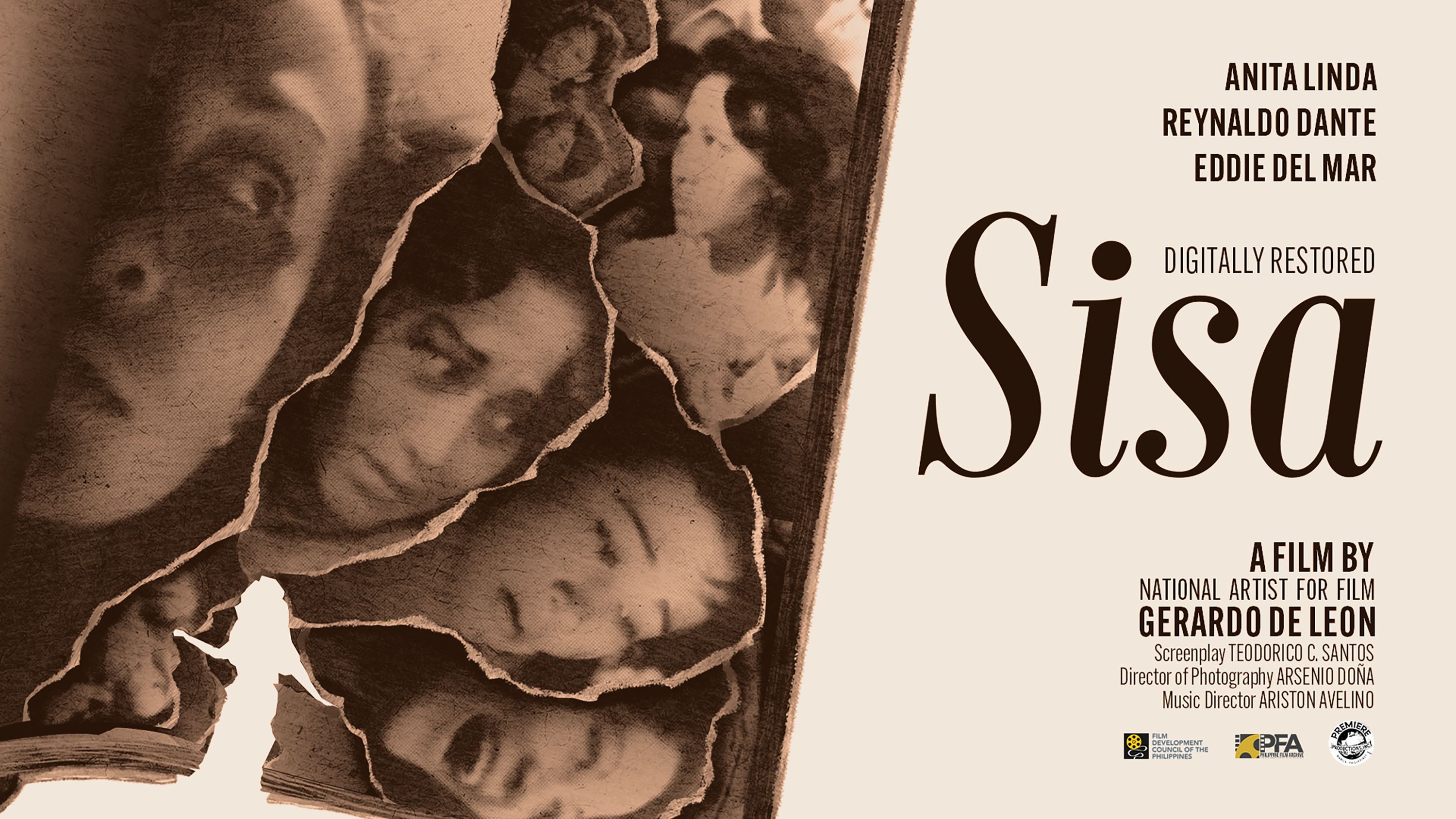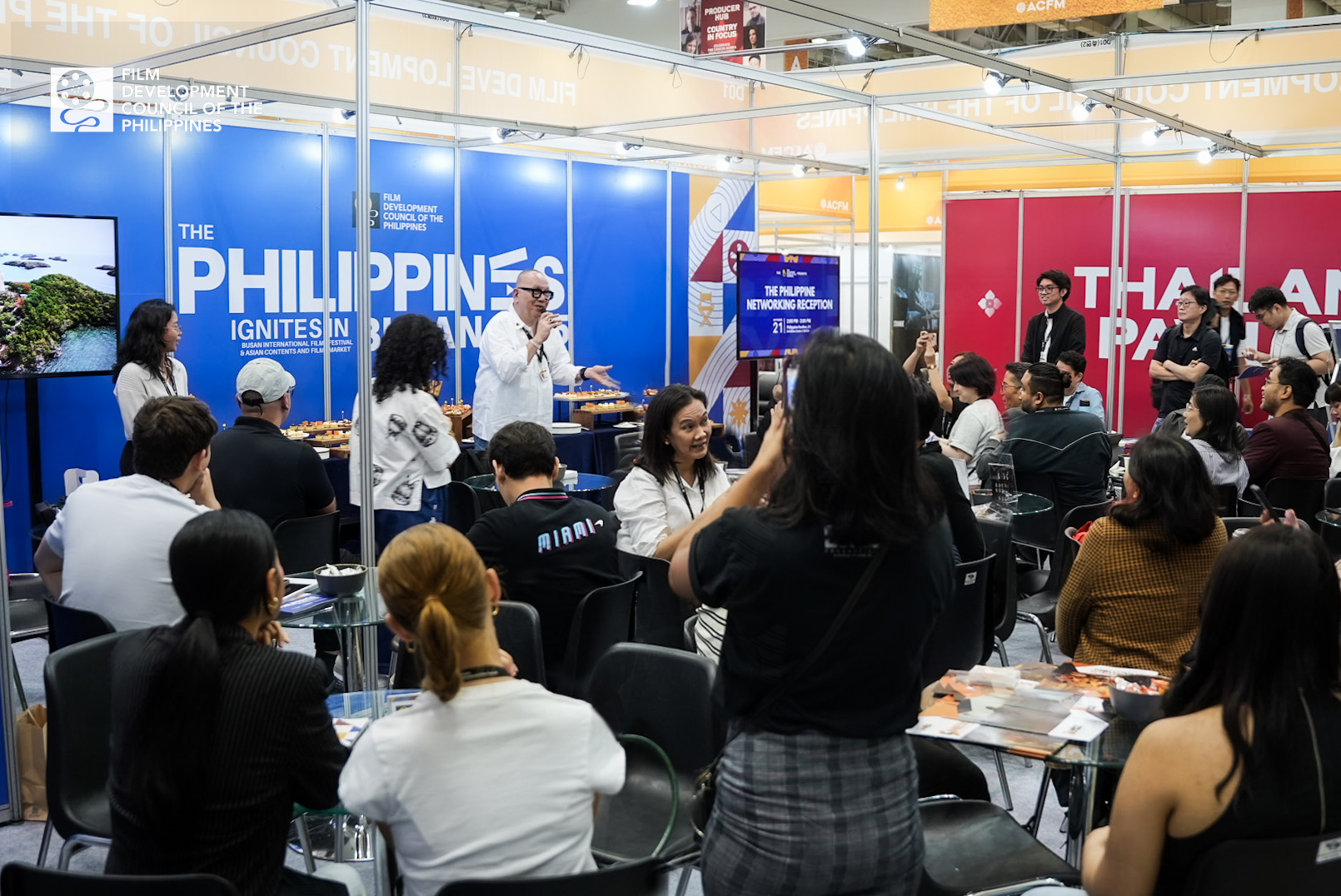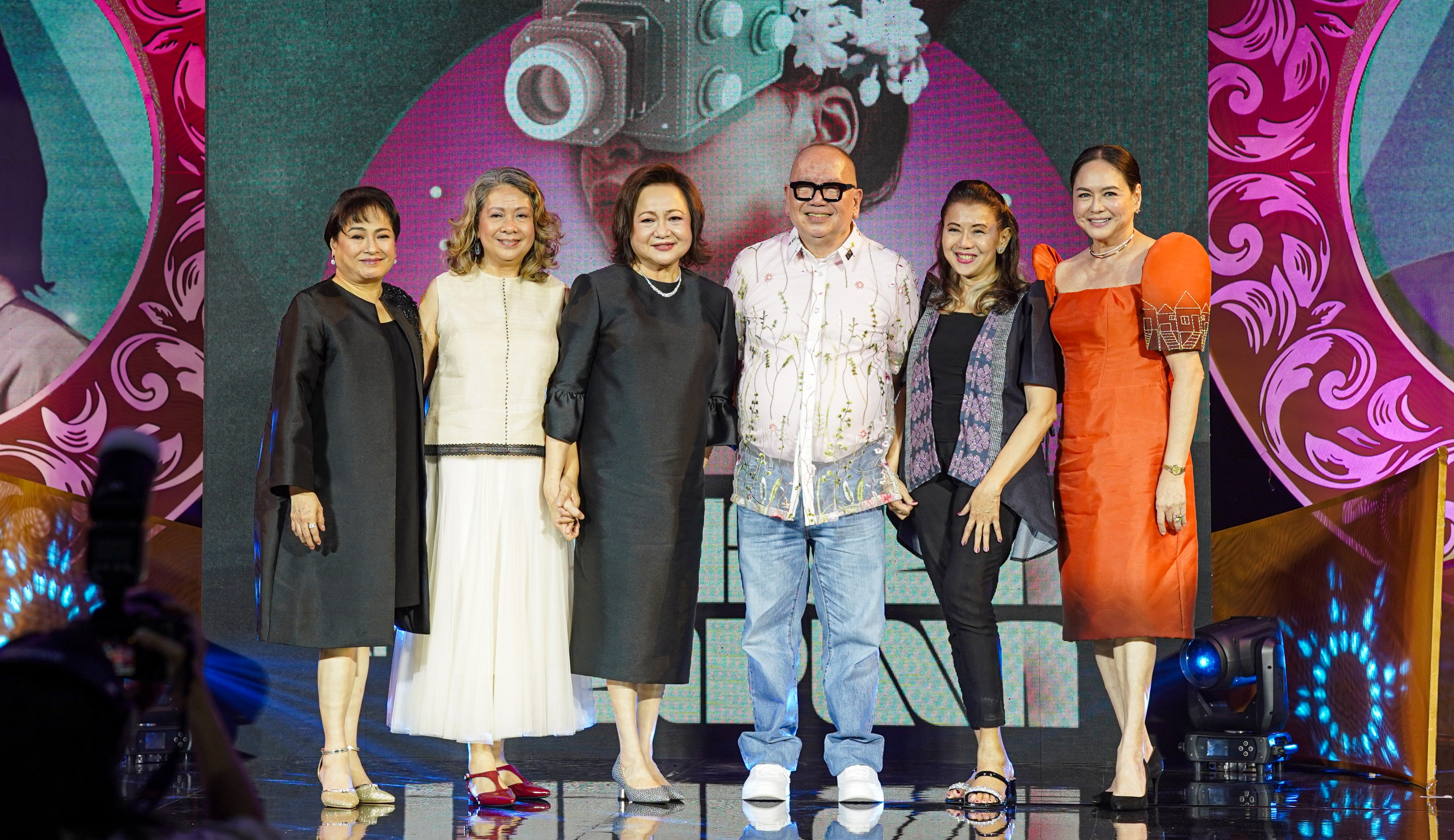Toward a culture of safety in the film industry
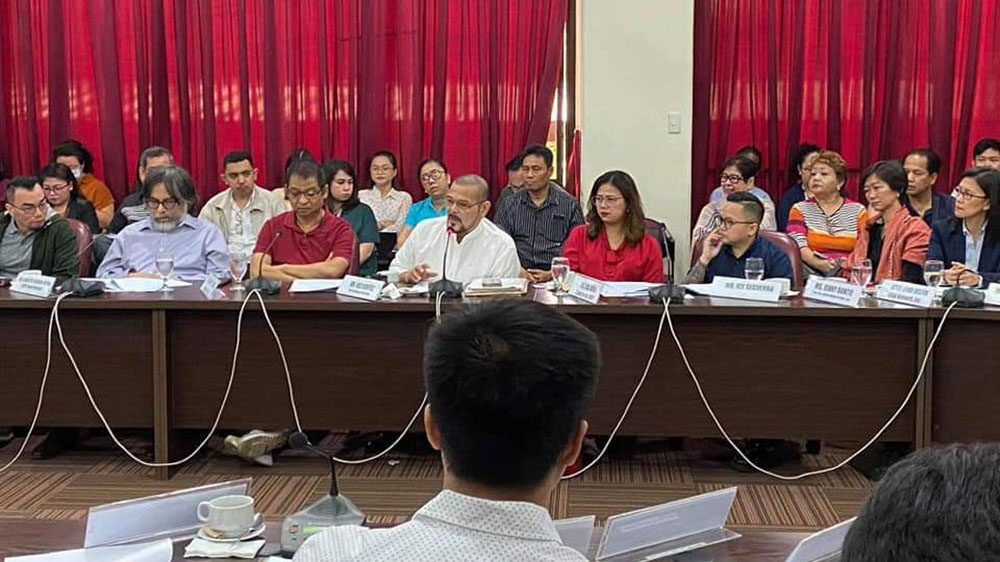
Last Tuesday, at the grand press conference for this year's Film Ambassadors' Night, I was able to personally meet our friends after two years of virtual press cons. It was so heart-warming to hear that they appreciate the things that the Film Development Council of the Philippines (FDCP) does for them and other audiovisual workers — not just the trainings but also the safe filming programs in partnership with the National Registry. It is refreshing and invigorating to hear that the work you do affects people in positive ways. Ralph Waldo Emerson says, "To leave the world a bit better... to know that even one life has breathed easier because you have lived — that is to have succeeded." Indeed. If there is anything that I would like to leave in my time as head of the FDCP, it is the thought that I was able to do what I can with the opportunity that I had to be a part of making things better for people.
The thing about the film industry is that while we strive to build a global presence on the international stage, we must also build up our industry from the inside.
Aside from professionalizing our film workers through education and skills training, it is imperative that we also focus on strengthening the programs that we began to champion workers' rights to fair wages and safe working conditions. The goal is to better look after our film workers by creating an industry where their economic needs are met and their safety in their workplace is assured.
A culture of safety
The world was shocked after a tragic shooting in a Hollywood set last year that left cinematographer Halyna Hutchins dead and director Joel Souza injured. Here in the Philippines, we also had the experience of losing one of our most respected and dearest actors in cinema, Eddie Garcia, to an accident on the set. Both these tragedies could have been prevented if safety measures were prioritized and taken seriously.
In Tito Eddie's honor, stakeholders in the film and entertainment industry have come together to push for these changes by lobbying for the institutionalization of policies for the protection of workers in the film, television, and radio entertainment industry. Currently, the Eddie Garcia bill is still in the Senate waiting for final approval. It is worth noting, however, that while we are still waiting for the Eddie Garcia bill to become a law, a joint memo with DoLE was signed in 2020. DoLE-FDCP JMC was made in response to the urgent need to address the gaps in working conditions, and safety and health of audiovisual workers. It also covered set working hours, social welfare benefits, and the "no contract, no work" policy for members of the audiovisual industry. The pandemic has changed the landscape of work, and while safety is everyone's responsibility, we will need the steadfast support of the government to provide the structure that will enable laws and policies and empower its workers.
To create a culture of safety in the industry, it is important that we have the structure to standardize systems and regulate processes to support the working conditions of its workers and stakeholders.
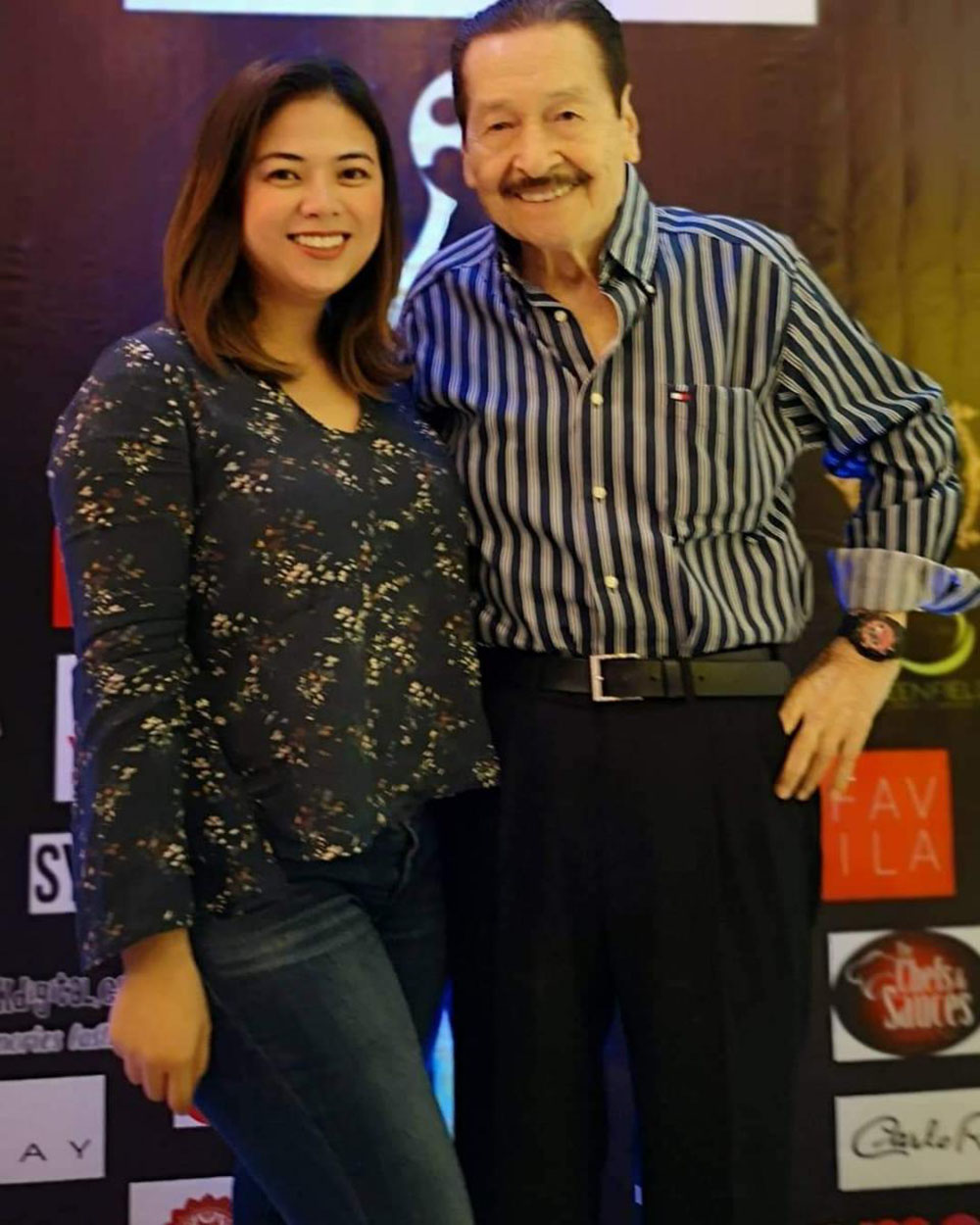
Collaboration is the key
It was an honor to meet with Steve Arcedas last week, he is the international representative of the International Alliance of Theatrical Stage Employees, Moving Picture Technicians, Artists, and Allied Crafts of the United States (IATSE). IATSE is the union of workers behind Hollywood and the entertainment industry in the US and Canada. I wanted to know more about how their institution works to create that balance between production companies and the workers. We also discussed intensive skills training that the FDCP will organize for its workers under the FDCP National Registry. From stage rigging, electrical safety to costume design and makeup and prosthetics, the goal of FDCP this year is to upskill the other professions within the industry that are not given as much attention.
I think the most important takeaway from that meeting is that the possibilities of what we can accomplish as an industry if we collaborate is simply astounding. The Philippine film industry is a dynamic mix of bright and energetic young filmmakers and artists with fresh eyes for the world, industry veterans with the wisdom and experience, creative and technical experts and talents sought after here and abroad. Imagine what we can accomplish if we actively and intentionally work together to create a better and safer film and entertainment industry.
There remains a lot to be done. It is more than creating a safer workplace for our audio-visual workers — we need to have a livelihood where everyone is treated with dignity. It is a project in progress. It needs the support of the government sector to provide the necessary scaffolds within the system. It needs the support of production companies and other industry players by placing their workers' welfare at the forefront. It needs the support of film workers by actively participating and voicing out their concerns. While it is an honor to be a part of this lofty endeavor, I know that this will take hard work. But there is power in working together. My hope is that all of us, especially those from the industry, can finally begin the conversation. Imagine what we can do.


